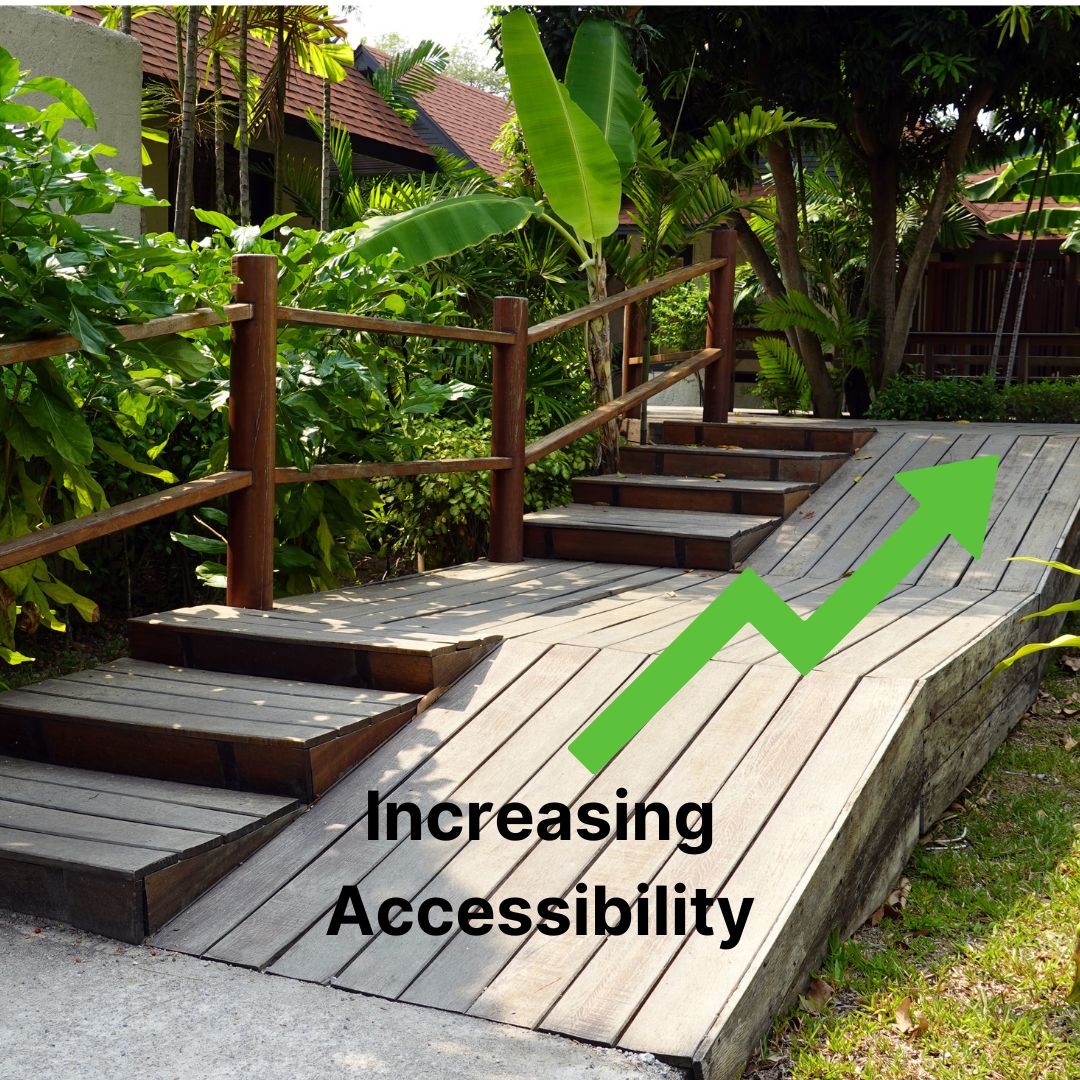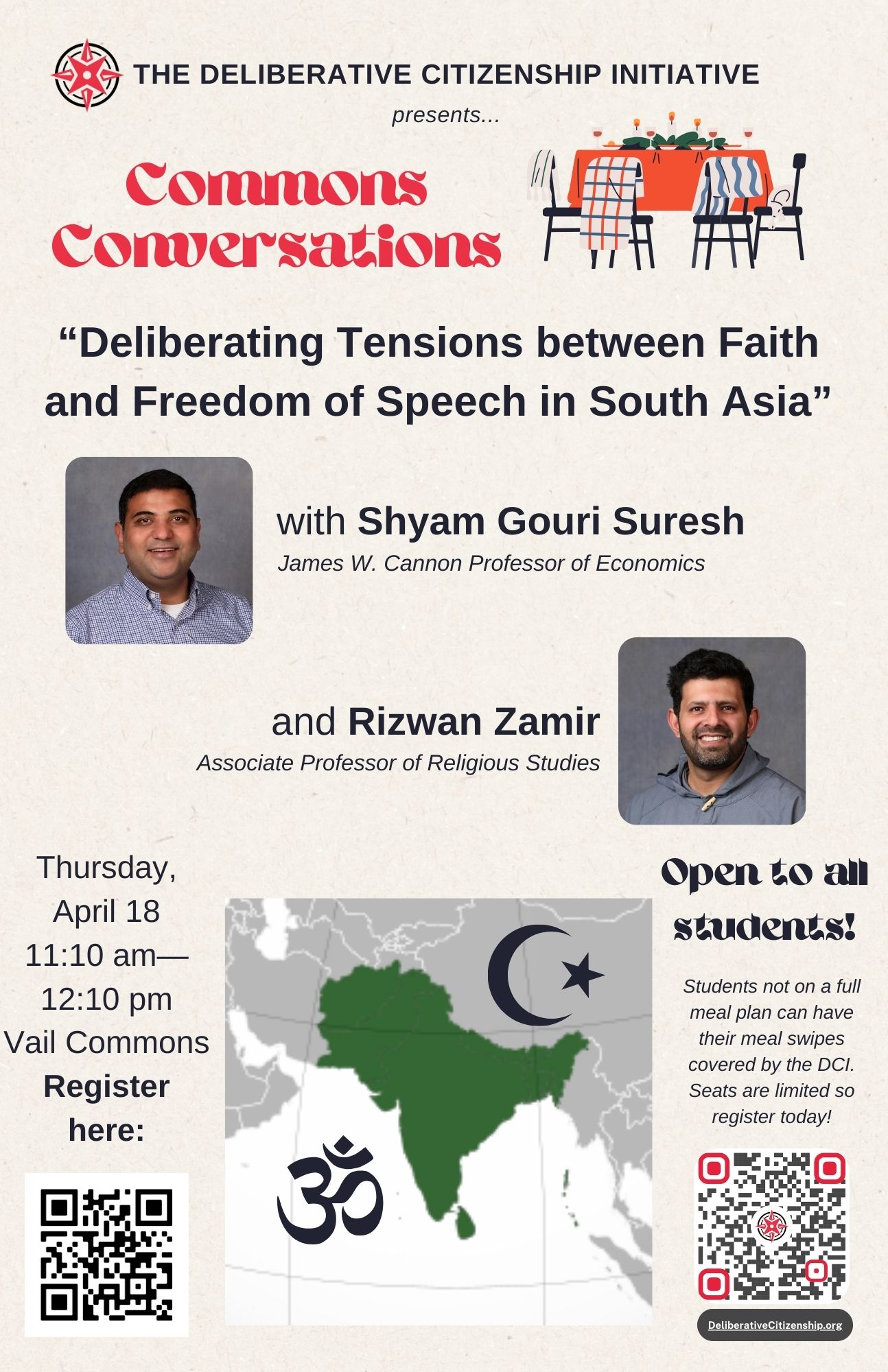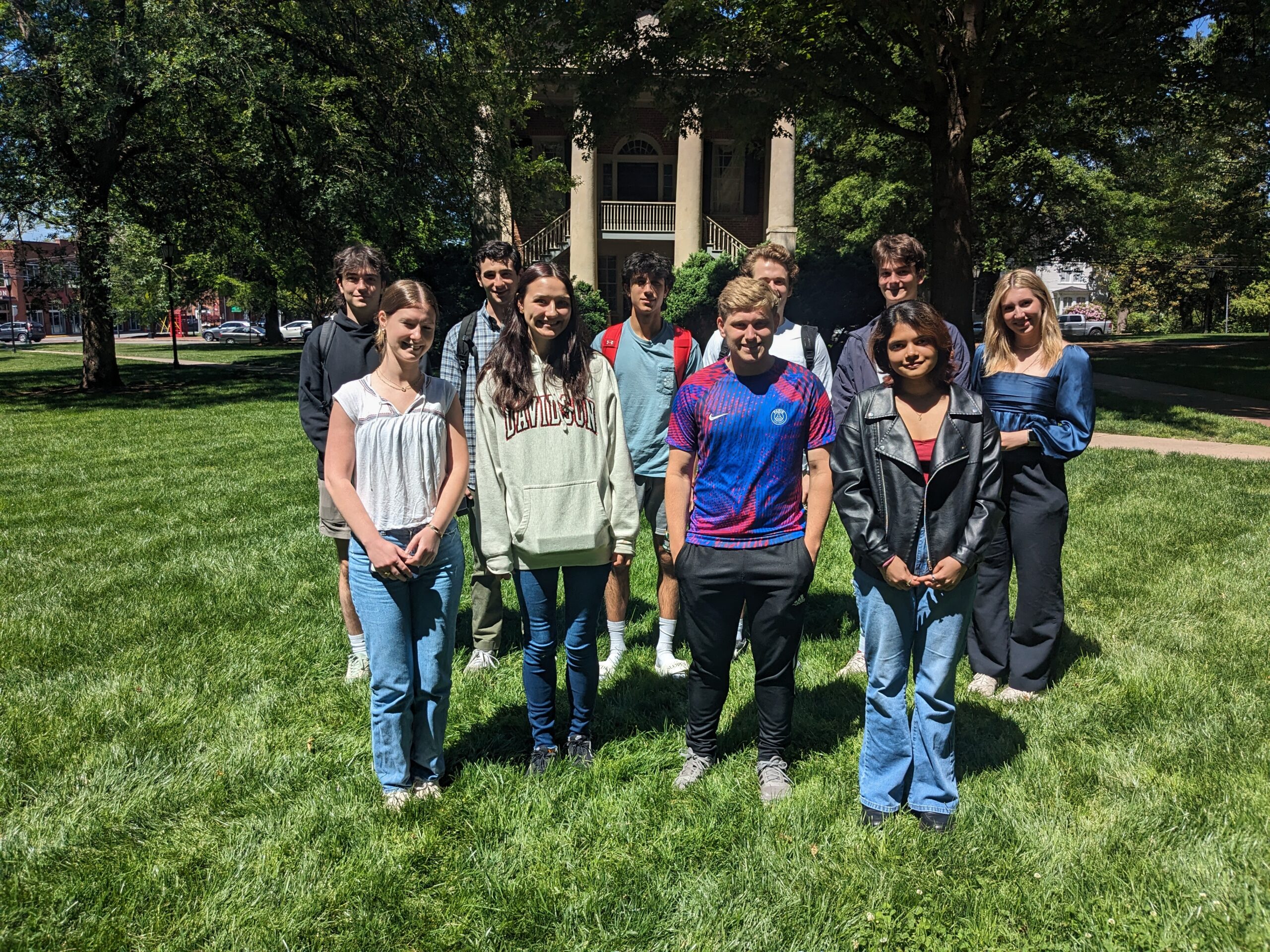
By Zoe Moseley ’26
At a Deliberative Citizenship Fellows meeting in November, we discussed an article published by Colorado State University’s Center for Public Deliberation titled, “Inclusion Around the Cycle.” This reading aligned well with what I was doing at Davidson that week, helping the Davidson Disability Alliance lead a conversation about event accessibility with student organizations. The argument the reading was trying to refute was that all deliberations are necessarily and equally exclusionary. Power dynamics and certain people speaking more, or more freely than others, are two examples of ways deliberations may not be completely inclusive.
“Inclusion Around the Cycle” started by discussing two types of exclusion, external and internal. External exclusion was described as the fact that some voices will not be present for the event. Internal exclusion, however, is the idea that non-dominant voices may be overlooked during the event. The article emphasizes that strategies to reach sufficient inclusion are entirely possible, especially when implemented before, during, and after events.
I would say the idea that not every voice at a deliberation could be present or heard felt very disappointing throughout working with the DCI. However, I did not know how to fix it. As someone who works towards access and inclusion on campus, I was confused about why I could not think of feasible ways to bring this perspective to the DCI. I was therefore excited to read, “deliberative practitioners should not allow the perfect to be the enemy of the good in public processes” (Maldonado, 6).
The article opened my eyes to the opportunity that deliberation presents us with on the subject of inclusivity, which is improving every time. I was surprised I had not viewed it this way before, as this was advice I gave to student organization leaders regarding accessibility. To me, accessibility, making resources available to all people, is the key to inclusion. During the meeting, we stressed that full accessibility is almost impossible since disability and need vary drastically. The article said the same thing about inclusion: “It is important to note that there is no way to ensure complete inclusivity” (Maldonado, 6).
The article touched on inclusivity efforts I realized the DCI was already making, such as offering almost all events via Zoom, training facilitators to make sure every voice gets a chance to speak, and asking for constant feedback. I tried to emphasize more minor things within my D Team when it came to inclusion, such as continuously asking if everyone could hear me, ensuring that the heavy door was propped open when participants arrived, and zooming one participant in when they were ill. By making it clear that we care about access, I hope participants feel more comfortable to show ways we can improve. After reading this article, I have ideas for more efforts I can make next semester, taking to heart the idea of improving each time. For example, I’d like to ask participants throughout the semester if there are the things we can do to improve the inclusivity of our meetings and then incorporate their ideas on the matter.
I am curious to see what those who argue that deliberations are not inclusive would say to Maldonado’s argument that while it is impossible to create a “perfectly inclusive forum,” we should nonetheless strive for sufficient inclusion. I appreciate the optimism of the Center for Public Deliberation on this front and hope other deliberative organizations put inclusion at the forefront of their discussion. I believe that the values of deliberation align well with the idea of inclusivity: respecting every voice, discussing differences, and assuming the best intentions.
Works Cited:
Maldonado, Samantha. “Inclusion Around the Cycle.” Center for Public Deliberation, Colorado State University, Spring 2017.




